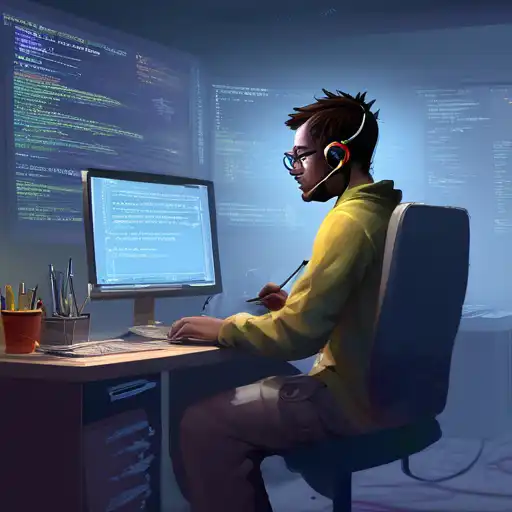Introduction to Debugging for New Programmers
Debugging is an essential skill for any programmer, especially for those just starting out. It involves identifying and resolving errors or bugs in your code that prevent it from running correctly. This article will provide you with essential debugging tips to help you become more efficient and confident in your coding journey.
Understand the Error Messages
One of the first steps in debugging is to understand the error messages your development environment throws at you. These messages are not just random text; they are clues that can lead you to the root of the problem. Take the time to read and comprehend these messages, as they often point directly to the line of code causing the issue.
Use a Debugger Tool
Most integrated development environments (IDEs) come with built-in debugger tools. These tools allow you to step through your code line by line, inspect variables, and see the flow of execution. Learning how to use these tools can save you a significant amount of time and frustration.
Break Down the Problem
When faced with a bug, try to isolate the problem by breaking down your code into smaller, more manageable parts. This approach can help you pinpoint exactly where the error is occurring. Commenting out sections of code and testing each part individually can be a highly effective strategy.
Check for Common Mistakes
Many bugs arise from common mistakes such as typos, incorrect variable names, or misplaced semicolons. Always double-check your code for these simple errors before diving deeper into more complex debugging techniques.
Search for Solutions Online
You're not alone in your debugging struggles. Many programmers have faced similar issues, and solutions are often just a search away. Websites like Stack Overflow can be invaluable resources for finding answers to your coding questions.
Practice Makes Perfect
Debugging is a skill that improves with practice. The more you code and encounter bugs, the better you'll become at identifying and fixing them. Don't get discouraged by errors; instead, view them as opportunities to learn and grow as a programmer.
Conclusion
Debugging is an inevitable part of programming, but with the right strategies, it doesn't have to be daunting. By understanding error messages, using debugger tools, breaking down problems, checking for common mistakes, and seeking out solutions online, you can become more proficient at debugging. Remember, every programmer starts somewhere, and with persistence and practice, you'll overcome any coding challenge that comes your way.
